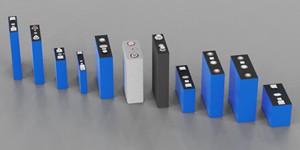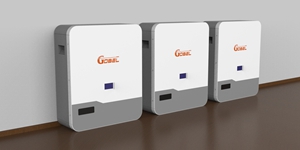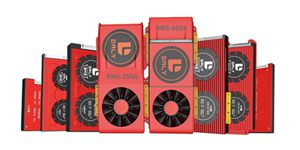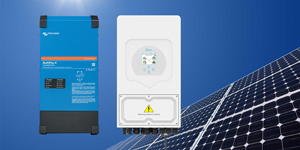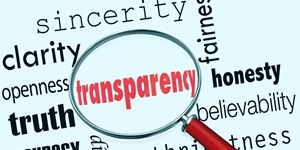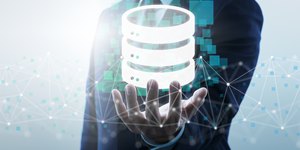INVERTERS CONVERTERS
Lithium Battery Supplier-
Various Size Epoxy Sheet Glass Fiber Mats Separator for DIY Lithium LiFePO4 Battery
Ship from China US$0.20
-
Daly 4S 80A~500A 12V LiFePO4 BMS Common Port with Balance Waterproof Fan Function
Ship from China US$39.90
-
Grade A EVE 3.2V 304Ah Rechargeable LiFePO4 Battery Cell
Ship from China Get Price
-
Solution Battery Active Equalizer -
Solution Solar Inverter
Smart Energy Solutions for a Power-Hungry World: Understanding Inverters and Converters In today's world, where energy efficiency and sustainability are top priorities, inverters and converters play a critical role in ensuring the seamless transmission of electrical power. These ingenious devices have revolutionized the way we generate, transmit, and utilize energy, making them an essential component of modern energy systems. An inverter is a device that converts DC (direct current) power from a renewable energy source, such as solar panels or wind turbines, into AC (alternating current) power that can be fed into the grid. This process is necessary because most homes and businesses rely on AC power, making it essential to convert DC power from renewable sources to AC power for practical use. Inverters are designed to ensure maximum energy efficiency, reliability, and durability. They are used in a wide range of applications, including residential and commercial solar installations, grid-tied systems, and off-grid systems. With the increasing adoption of renewable energy sources, inverters have become a crucial component in the energy transmission and distribution chain. Converters, on the other hand, are devices that convert energy from one form to another. They are used to convert AC power to DC power, or DC power to AC power. Inverters are a type of converter, but not all converters are inverters. Other types of converters include DC-DC converters, which are used to regulate the voltage and current in electronic circuits. In summary, inverters and converters are essential components in the energy transmission and distribution chain, enabling the seamless transmission of electrical power. With their increasing importance in our world, understanding how they work and the role they play is essential for those looking to harness the power of renewable energy sources.
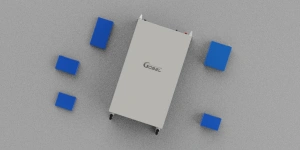
 Europe Warehouse
Europe Warehouse